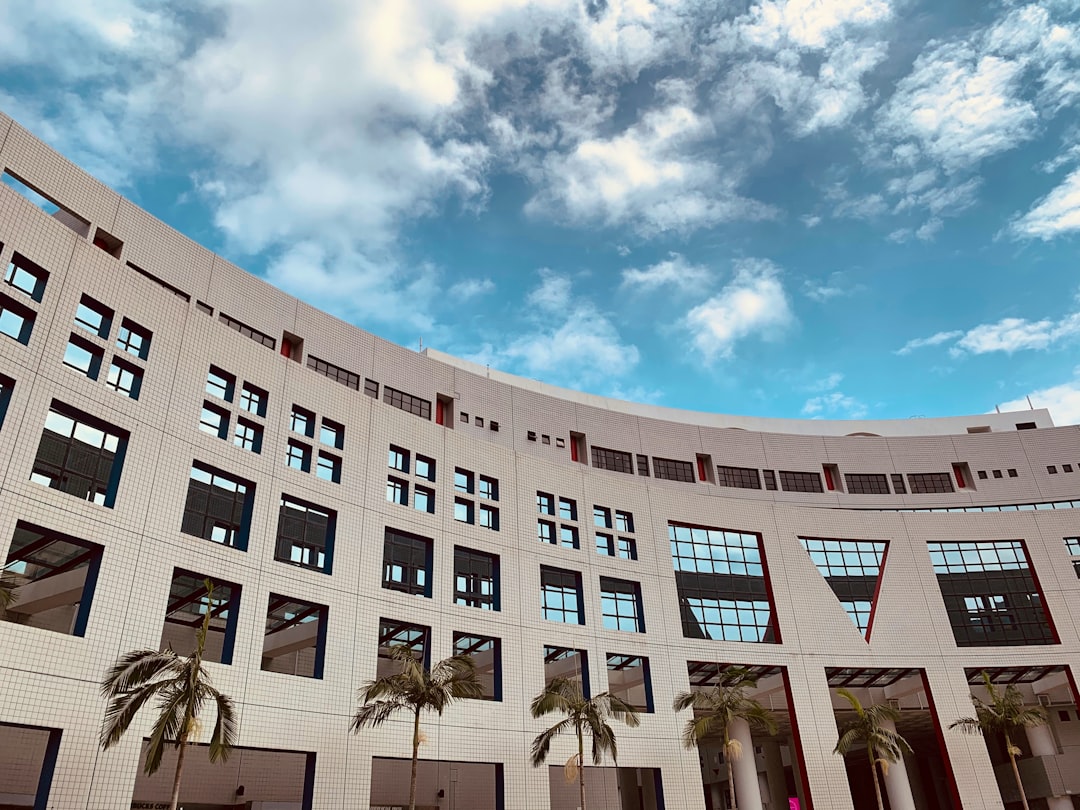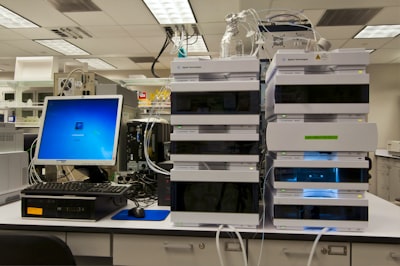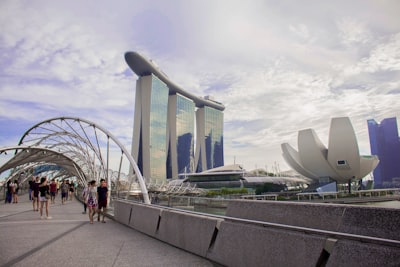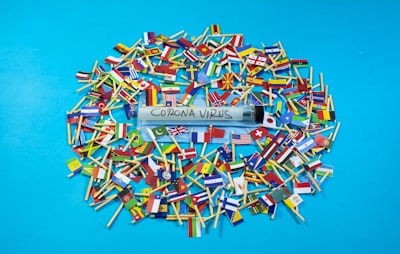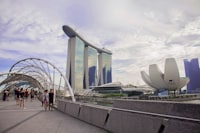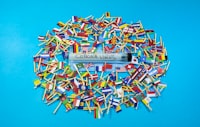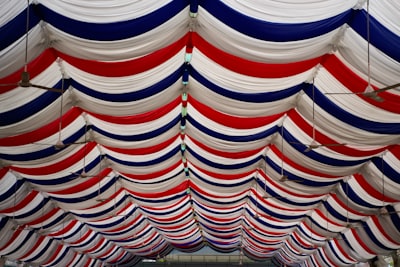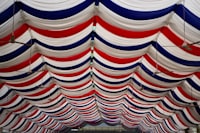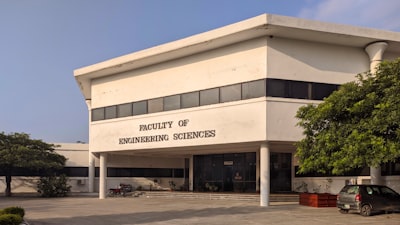Journal article
;
Media merupakan salah satu lembaga penting bangsa. Untuk melaksanakan peran dan fungsi media yang benar, media harus menerapkan peraturan secara profesional. Perilaku media tidak dapat dilepaskan dari kepentingan pihak-pihak yang terkait dengan sistem media. Secara umum, pers adalah seluruh industri media yang ada, baik cetak maupun elektronik. Namun secara khusus, pengertian pers adalah media cetak (printed media). Dengan demikian, Undang-Undang Pers berlaku secara general untuk seluruh industri media, dan secara khusus untuk media cetak. Peraturan dapat menjadi hukum yang ditetapkan oleh pemerintah (seperti UU Pers); atau kode etik yang ditetapkan oleh wartawan atau organisasi profesi (seperti Kode Etik Jurnalistik). Peraturan pers di Indonesia diatur dalam Undang-Undang Nomor 40 Tahun 1999 tentang Pers. Untuk mendukung pelaksanaan UU Pers, Dewan Pers menetapkan Kode Etik Jurnalistik (KEJ). Sedangkan peraturan media penyiaran yang ditetapkan oleh Undang-Undang Nomor 32 Tahun 2002 tentang Penyiaran. Sebagai penjabaran dari UU Penyiaran, Komisi Penyiaran Indonesia (KPI) menetapkan Pedoman Perilaku Penyiaran (P3) sebagai proses batas pembuatan program siaran; dan Penyiaran Standar Program (SPS) sebagai batas program siaran dalam pengiriman. besarnya harapan masyarakat terhadap peran media untuk ikut serta dalam mengatasi masalah-masalah bangsa. Perwujudan fungsi normatif media sangat ditentukan oleh profesionalisme media; sedangkan profesionalisme media dapat diketahui dari sejauh mana perilaku media menjunjung tinggi peraturan maupun kode etik media yang berlaku di Indonesia.
Kata Kunci:
Regulasi Media, Pers, Broadcasting, Profesionalisme
Media is one of the important institutions of the nation. To carry out the role and functions of the correct media, the media must apply the rules in a professional manner. The behavior of the media can not be separated from the interests of the parties related to the media system. In general, the press is all over the media industry, both print and electronic. But in particular, the notion of the press is the print media (printed media). Thus, the Press Law applies in general to the entire media industry, and in particular for the print media. Rule of law can be set by the government (such as the Press Law); or code of conduct established by the journalist or professional organizations (such as the Code of Ethics of Journalism). Regulation of the press in Indonesia is regulated by Law No. 40 of 1999 on the Press. To support the implementation of the Law on the Press, Press Council set Journalistic Code of Ethics (KEJ). While the broadcast media regulations established by Act No. 32 of 2002 on Broadcasting. As an elaboration of the Broadcasting Act, the Indonesian Broadcasting Commission (KPI) set Broadcasting Code of Conduct (P3) as the limit of making the broadcast program; and the Broadcasting Standards Program (SPS) as the limit in the broadcast program delivery. the magnitude of society's expectations of the role of the media to participate in solving the problems of the nation. Embodiments of the normative function of media is largely determined by the professionalism of the media; while the media professionalism can be seen from the extent to which the behavior of the media uphold the rules and codes of conduct applicable in Indonesian media.
Keywords:
Media Regulation, Press, Broadcasting, Professionalism


